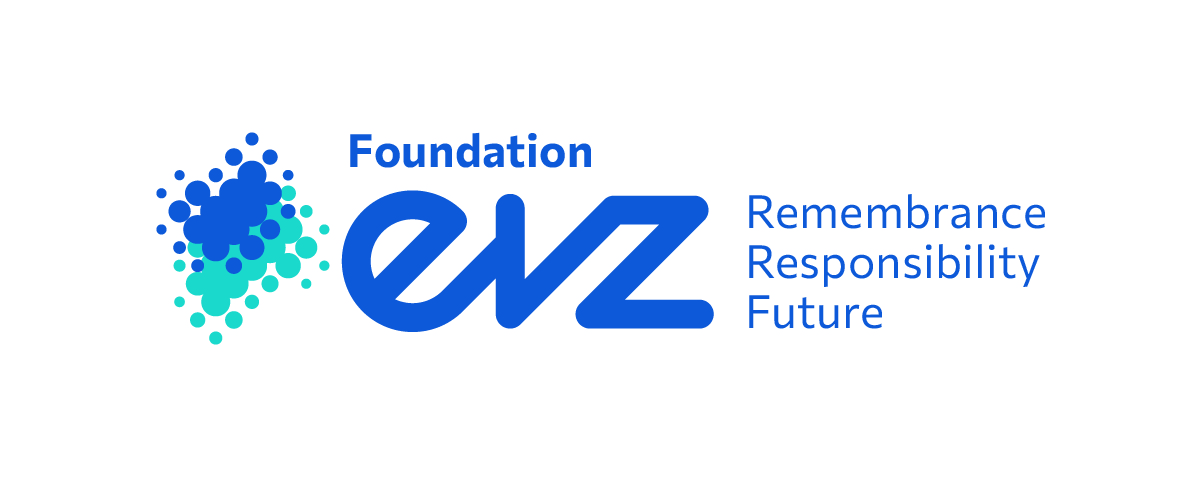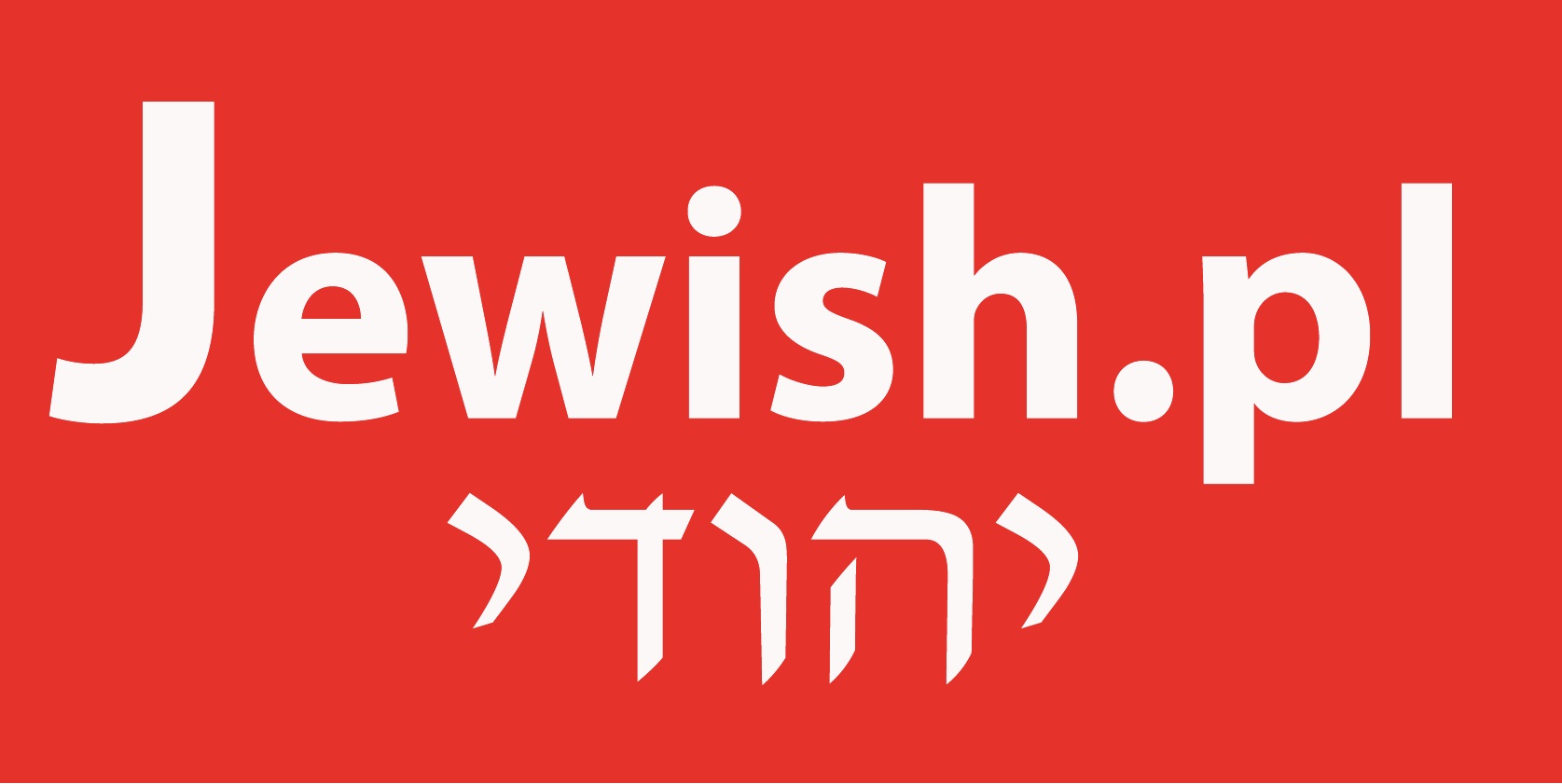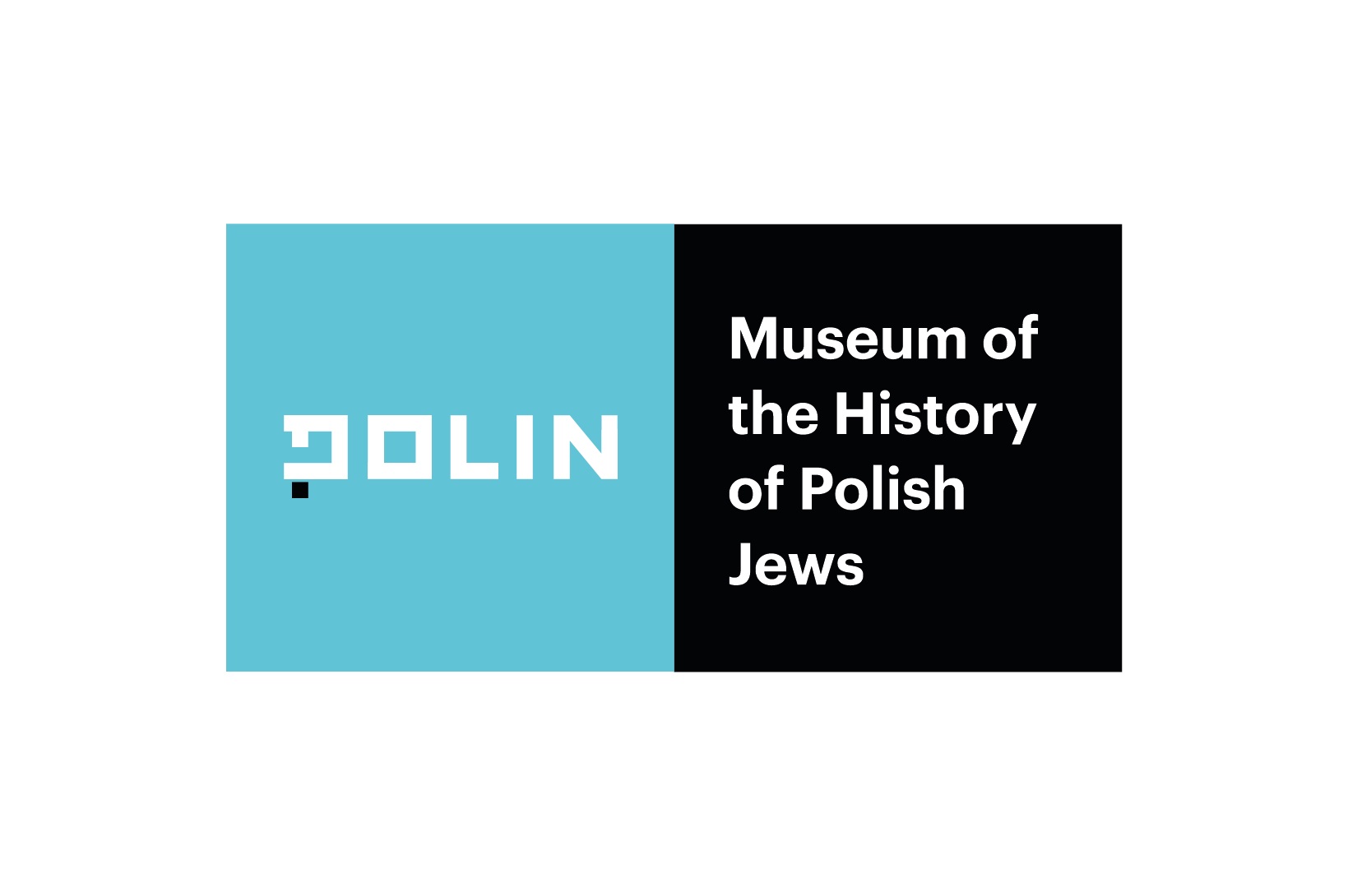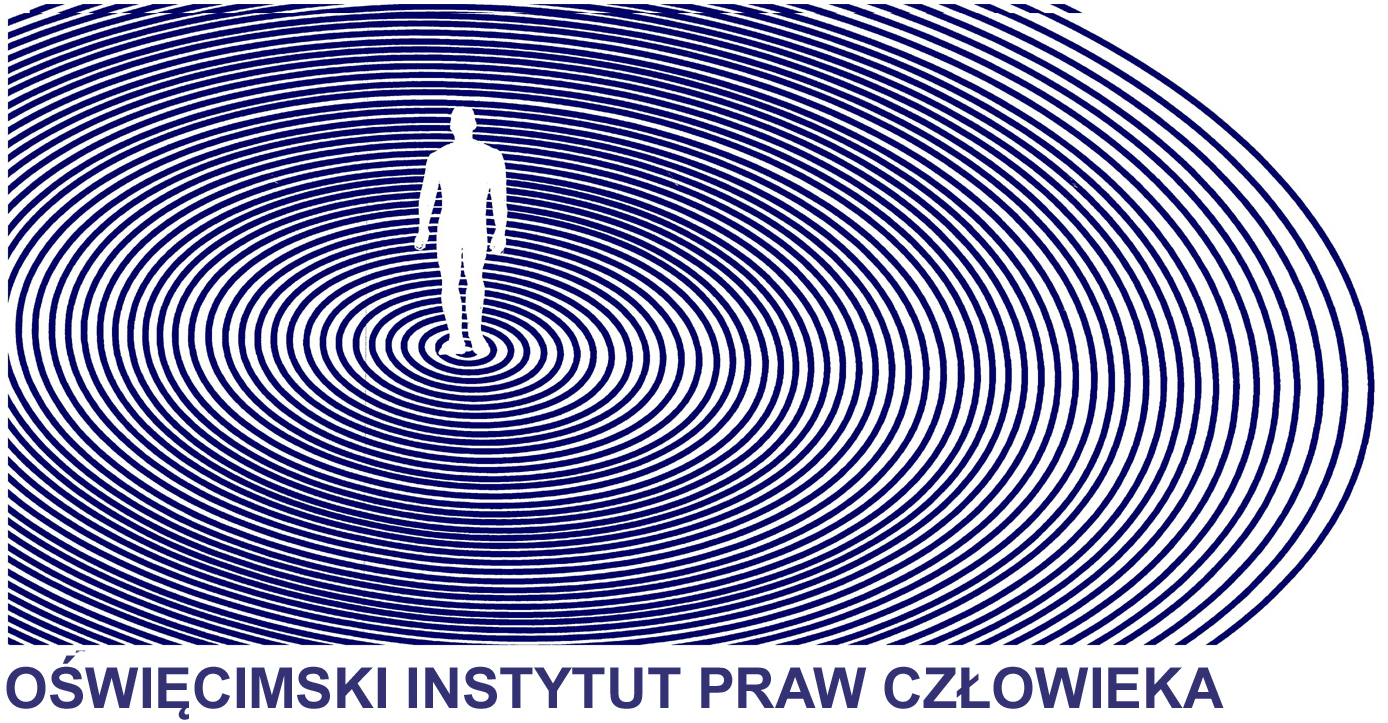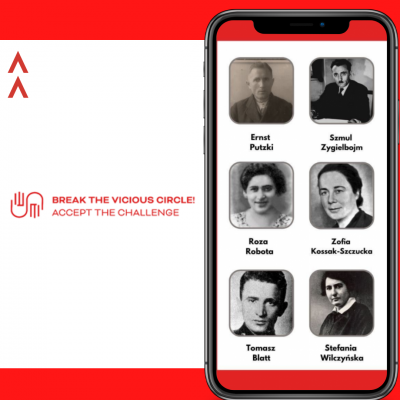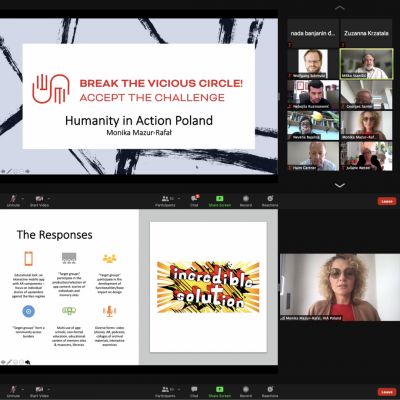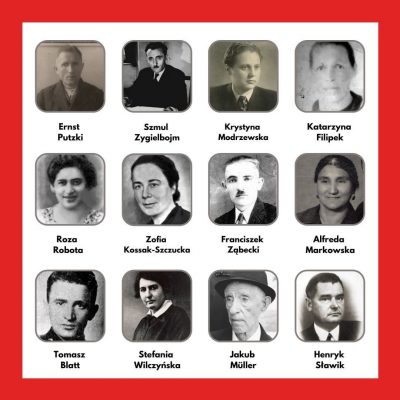Details
Article
On January 26 2022, during a virtual panel on “History, herstory, our story. How to teach about the difficult past through bios and local history?”, moderated by Monika Mazur-Rafał, President and Director of Humanity in Action Polska and Larysa Michalska, Coordinator of the „Break the Vicious Circle” project, we met with brilliant speakers such as dr Andrea Despot (Chief Executive Officer of the EVZ Foundation), dr Tomasz Cebulski (founder of Polin Travel), Antje Scheidler (National Director of Humanity in Action Germany, International Director of European Programs in Humanity in Action), Leonie Schöler (historian, journalist, influencer), Maximilian von Schoeler (Projects Coordinator in Centropa), and Miško Stanišić (Director of Terraforming) to discuss the importance of historical education and teaching about the often forgotten events and heroes / heroines of local history.
The date of our meeting was purposeful – we met on the eve of the 77th anniversary of the liberation of the former German Nazi Concentration and Extermination Camp Auschwitz-Birkenau and a day before the International Holocaust Remembrance Day established by the UN to commemorate the killing of Jews and other minorities such as Roma, LGBT and people with disabilities. To talk and to teach about complex, difficult and also painful history is always a great challenge.
But as Monika Mazur-Rafał stressed,
“Today we can meet and exchange our best practices, lessons learned and on-going challenges. As well as inspire and learn from each other. The political and social realities of our societies make us painfully aware that in the field of history, human rights and civic education there is still enormous room for improvement. In our countries, we are constantly confronted with groups of people sympathizing with xenophobic, neo-nazi/neo-fascist movements, who deny the basic human rights to minorities or deny the need to respect international laws that guarantee the protection of refugee rights. We are confronted with growing polarization, the flow of fake news and propaganda and backlash against human rights.”
What can help us better understand history are personal and local stories? Biographies, faces, names and surnames are the elements that not only allow us to learn but also to feel history. That is why during the webinar on “History, herstory, our story. How to teach about the difficult past through bios and local history?” we focused on people and their individual experiences. We want to honor the memory of the victims by drawing lessons from their experiences and by taking action to prevent the tragic events of the past from repeating themselves. During our discussion, the panelists talked about different methods and contexts of using biographies in their educational work. They shared many examples showing how personal, family and local stories can inspire action and how the past can influence contemporary activists.
As dr Andrea Despot (Chief Executive Officer of the EVZ Foundation) noticed,
“We need to build bridges between past and future”.
Between past and future is now and we are the ones responsible for this moment in history. We, at Humanity in Action Poland, don’t want to be indifferent, don’t want to be passive. That is why we take action and we inspire others to follow by example. One of the methods, ways to do so is to educate. We decided to do it through an educational and activist mobile application directed at young audiences. The 10 STAGES app was produced as part of the “Break the Vicious Circle!” project. In the app, we present Prof. Gregory Stanton’s theory of 10 stages leading to genocide. To illustrate the individual steps and draw attention to the danger of history repeating itself, we focus on the biographies of people who during World War II did not remain indifferent, who stood up for human dignity and human rights, who opposed violence and injustice, and who with their courageous actions helped others.
The app has been tested by over 400 teachers, educators and pupils.
You can download the 10 STAGES app for free in 3 languages: Polish, English and German.
For Android: here
For iOS: here
You can watch the recording of the webinar “History, herstory, our story. How to teach about the difficult past through bios and local history?”: here.
We discussed combining history education with human rights education and activism, also during the „Human rights are not (only) history!” webinar (in Polish), the recording of which you can find: here.


